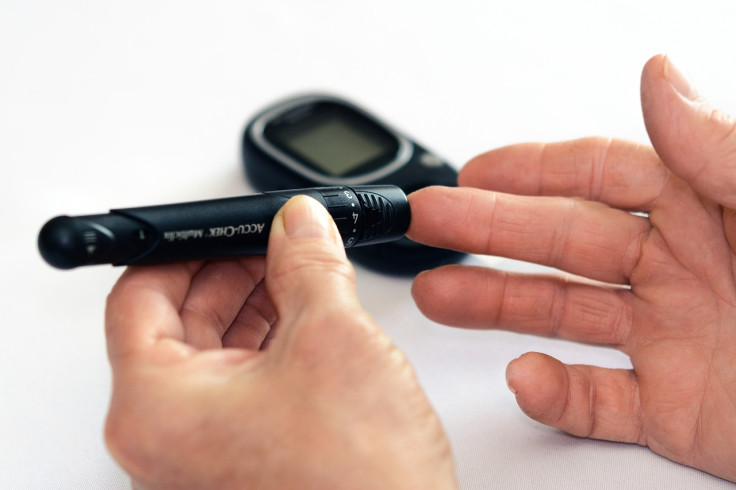NHS launches new system for diabetics
At present, the NHS spends around £10 billion on diabetes care each year.
The National Health Service (NHS) struck a cost-effective deal with Dexcom to acquire the Dexcom ONE Real Time-Continuous Glucose Monitoring (CGM) system and give more people in need access to the device.
Around 4.9 million residents of the U.K. have diabetes. On top of that, 13.6 million are also at risk.
The NHS spends around £10 billion on diabetes care each year. It strongly believes that this new system's rollout can reduce hospitalisations and contractions of illnesses associated with diabetes.
While most people are diagnosed early and can manage their condition, diabetes can be fatal if left untreated. As such, people with diabetes must closely watch what they put in their bodies and monitor their blood sugar levels.
The new glucose monitoring system allows people with diabetes to do so safely and conveniently. These gadgets can be worn on one's arm, and the needed medical information will be sent directly to a mobile app that is accessible to the patient's medical professional.
This tool is no bigger than a bottle cap. Yet, it enables people with diabetes to keep track of their glucose levels without having to take a finger prick test or go through a specialised scanner. The CGM measures one's glucose levels from under the skin and can attach to the arm for up to 10 days.
Patients with limited access to hospital facilities and those who could not afford glucose monitors are now given another option to manage their illness that is less expensive and less painful.
NHS patients can avail of their Dexcom CGM starter pack, which includes a sensor and transmitter and a guide on how to use the device. After receiving the first batch from their GP, patients can get a repeat prescription from the pharmacy.
Dr Partha Kar, the national specialty advisor for diabetes and obesity, attests that "this new deal between NHS and Dexcom delivers on the government's commitment to getting patients the latest cutting-edge medical technology at the best value for taxpayer money – saving the NHS millions over the coming years."























